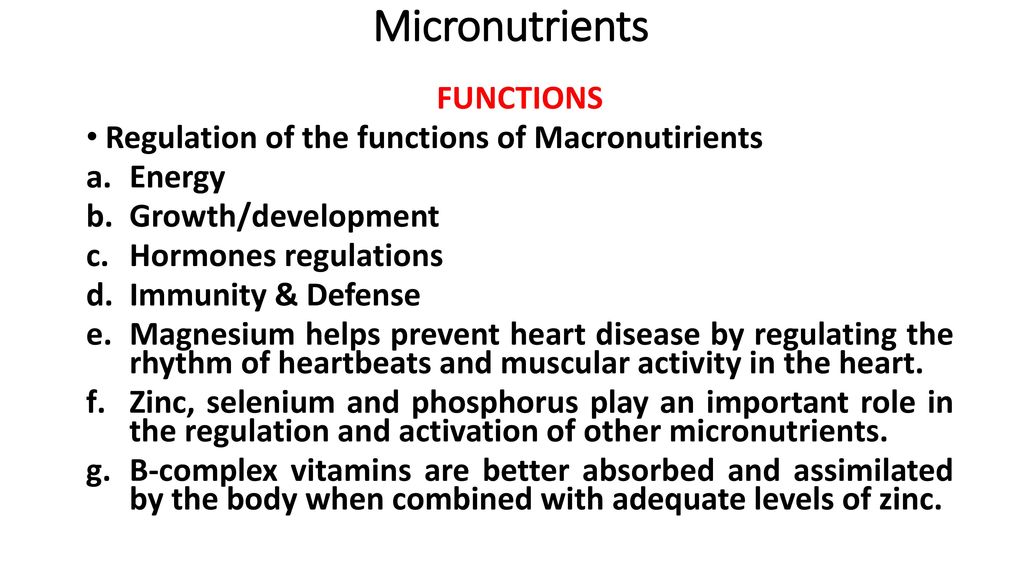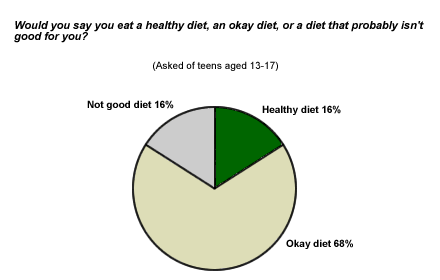
There are many strategies for the prevention of diseases. These interventions are focused on the early detection of disease. Improved sanitation and clean drinking waters are other methods. Many diseases can be treated if detected early. Policies, for example, can increase access to treatment or provide emergency powers to respond to epidemics. Regardless of the method used, the aim of prevention is to prevent disease and reduce its burden.
You can avoid most diseases by changing your lifestyle. You can avoid heart disease and cancer by eating healthier. You can't stop smoking and be more active, but you will be less likely than others to develop these conditions. Healthy lifestyle habits, such as a healthy diet and regular exercise, are essential to preventing chronic diseases. Although changing your lifestyle is difficult, it is worth it in order to become healthier.

Preventative medicine involves taking action before a disease is diagnosed. It includes the ability to understand the natural history of a condition and make interventions to reduce its frequency and prevalence in a given population. Today's epidemiological knowledge helps prevent and control the transmission of infectious and degenerative diseases. Public health prevention and education projects are the dissemination and application of scientific knowledge and normative suggestions to improve habits. It's a greater effort than ever before to keep people healthy.
The prevention of diseases involves a variety of strategies. These are known as "interventions", and can be divided into primary, secondary and tertiary. Rehabilitation programs, for example, help injured workers return work or help them to retrain for a different career. Similarly, vocational rehabilitation programs retrain those with disabilities to be able to work safely again. There are many other ways to avoid illness. These methods are inexpensive and effective. They can make a significant difference in your health.
The prevention of diseases and environmental factors is a vital goal of public health policy. A number of countries have created a health care system to promote prevention and improve health. It is possible to successfully implement a population-based screening system by investing in a high quality primary care program. The goal is to improve health and prevent disease. This approach can also be called "disease prevention". The Prevention of diseases and the Prevention of Environmental Hazards

A transformative worldview and profound changes in knowledge are necessary to prevent disease. A person's ability and willingness to lead an active, healthy lifestyle is what health means. Health promotion seeks to improve an individual's ability and avoid those conditions that lead to death. Many health promotion actions are also designed to prevent disease.
FAQ
What is a good exercise routine?
Regular exercise is key for staying in shape. No matter what kind of exercise you do, as long you do it consistently. The key thing is consistency. For you to get results, you have to stick with it for a longer period of time.
Begin by starting to do a little bit of physical activity each day (like walking). Increase the time you spend exercising each day until you can do 30 minutes. This could include running, cycling, swimming, weight training, yoga, or aerobics classes.
It is important to exercise every day of the week. If you have a reason to miss a session, don't skim it.
If you exercise outside, ensure that you wear appropriate clothing and footwear. Weather conditions can also affect your ability and safety to exercise.
Make sure that you drink plenty of water while you're exercising. Avoid drinking alcohol during this time because it can cause dehydration. Avoid caffeinated drinks, such as coffee, tea and cola. They can give you energy, but will also dehydrate.
You might feel tired when you start to exercise for the first time. However, if you continue with your program, you'll soon feel more energetic and refreshed.
What foods should I avoid when trying lose weight?
Avoid trans fats. Trans fats can raise LDL (the unhealthy) cholesterol levels while lowering HDL levels (the good).
Trans fats can be found in fast food, deep-fried foods, packaged baked goods, snack cake, and other processed foods.
These unhealthy fats also cause inflammation, leading to heart disease and diabetes.
Avoid eating foods that contain artificial sweeteners. Artificial sweeteners may increase your chance of getting cancer.
These chemicals are used in everything from soft drinks to chewing gum to candy bars. They are also found in poultry, eggs, meat and fish.
Artificial sweeteners are saccharin (cyclamate), sorbitol and aspartame.
The American Heart Association advises against using these chemicals, as they could damage DNA.
How To Lose Belly Fat Fast
There are several ways to reduce belly fat fast. One way to reduce belly fat fast is to eat less food, and drink lots of fluids.
You can also increase your metabolism through activities like running or swimming.
Avoid sitting down if your goal is to lose belly fat quickly. Instead, get up and move around throughout the day. This will allow you to burn more calories.
If you have already tried all these methods but still struggle with belly fat, there is another option.
You will need a belt to do this. The belt works by tightening around your waist when you sit down.
You will feel more comfortable and be able to move around. This encourages you to burn calories and decrease your belly fat.
Statistics
- According to the American Heart Association, blood pressure should be checked at least once every two years, beginning at age 20. (my.clevelandclinic.org)
- 10 pounds in a month is likely during a lean bulking phase, especially for beginners. (muscleandstrength.com)
- An estimated calorie range for moderately active adult males falls between 2,200 to 2,800 calories per day, depending on age. (eatright.org)
- Get free shipping and 25% off today. (healthline.com)
- Candidates and applicants must pass all four tests at 70% (minimum level) to graduate from Basic Deputy U.S. Marshal (BDUSM) Training. (usmarshals.gov)
External Links
How To
How can I exercise to burn fat?
Exercise burns calories by increasing metabolism and oxygen consumption.
At moderate intensity, you will lose weight easily.
These are some tips to help you lose fat while working out:
-
Cardio exercises like walking, running (or jogging), swimming, cycling, running, and/or elliptical training are all good options.
-
Do 30 minutes of exercise three times a week.
-
Strength training is a great way to lose weight.
-
Avoid intense workouts. It's possible to build muscle, but not lose it.
-
Keep hydrated during exercise. Water flushes out toxins and helps keep the body hydrated.
-
Choose low-fat protein shakes after working out. Protein shakes can help boost energy and repair muscles.
-
You can eat smaller meals throughout the day so that you don't feel hungry in between meals.
-
Don't skip breakfast! You can feel tired and slow if you skip breakfast.
-
Mental health is important. Stressful situations can slow your metabolism.
-
Keep a positive attitude. Studies show that people who believe they're overweight gain more weight than those who think they look pleasing.
-
Sleep enough. Insufficient sleep can make it more difficult to lose weight.
-
Stay active. Move around at least once an hour.
-
Maintain a healthy diet. Eat right to feel satisfied and full for longer.
-
Relaxation is possible by finding ways to relax. A tense mind doesn't allow your body to release stress hormones that break down muscle tissue.
A balanced diet will provide all nutrients that are necessary for growth.
Instead of eating three large meals a day, eat six smaller meals every day. This gives your body time and energy to process the food.
To maintain strong bones, you need to consume 500 mg of calcium each day. Calcium can be found as a dairy product such as milk, yogurt and fortified soy drinks, orange juices, cereals, breads, and cereals.
Calcium can be found in leafy green veggies, beans, tofu and nuts as well as seeds, nuts and cheese.
Vitamin D is required for calcium absorption. Vitamin D can also be found in some fortified foods such as eggs, fish, and yolk.
Vitamin E is vital for your skin's health. It's found in vegetable oils, wheat germ oil, peanuts, almonds, sunflower seeds, and corn.
Zinc is essential for healthy immunity and wound healing. Zinc can be found as a mineral in oysters.
Zinc deficiencies can lead to fatigue, decreased appetite, depression, and reduced immunity.
Eating too much sugar causes insulin resistance, which increases blood glucose levels. Insulin resistance can lead to weight gain.
Insulin resistance develops when there are high levels of free radicals in the bloodstream. Free radicals refer to molecules that contain unpaired electrons. They can damage cell membranes and other body parts.
Free radicals come mainly from food additives, pesticides, herbicides, preservatives, smoking, air pollution, radiation, chemicals in cosmetics, lotions, and household cleaning supplies.
Free radicals can lead to cancer and heart disease, diabetes mellitus, arthritis, asthma, and premature aging.
Eating a well-balanced diet with antioxidants is the best way to prevent free radical damage. Antioxidants protect against oxidative damage.
Antioxidant vitamins include Vitamin C (found in citrus fruits), beta carotene (found in carrots, sweet potatoes, spinach, broccoli, cantaloupe, apricots, squash, mangoes, peaches, peppers, tomatoes, cabbage, cauliflower, kale, Brussels sprouts, collard greens, watermelon, and strawberries), and Vitamin E (found in nuts, olive oil, avocados, and eggs).
Selenium, copper and manganese are all antioxidant nutrients.
Selenium protects cells from free radical damage. Selenium can also be found in Brazil nuts (tuna), liver, kidneys and shrimp.
Copper protects eyes, brain, lungs and red cells. Copper is found in shellfish, poultry, meat, and organ meats.
Manganese plays an important role in bone structure. Manganese can also be found in oatmeal, brown rice, spinach and bananas.
Zinc is required for normal growth, reproduction and wound healing. Zn is found in lean meats, poultry, white fish and eggs.